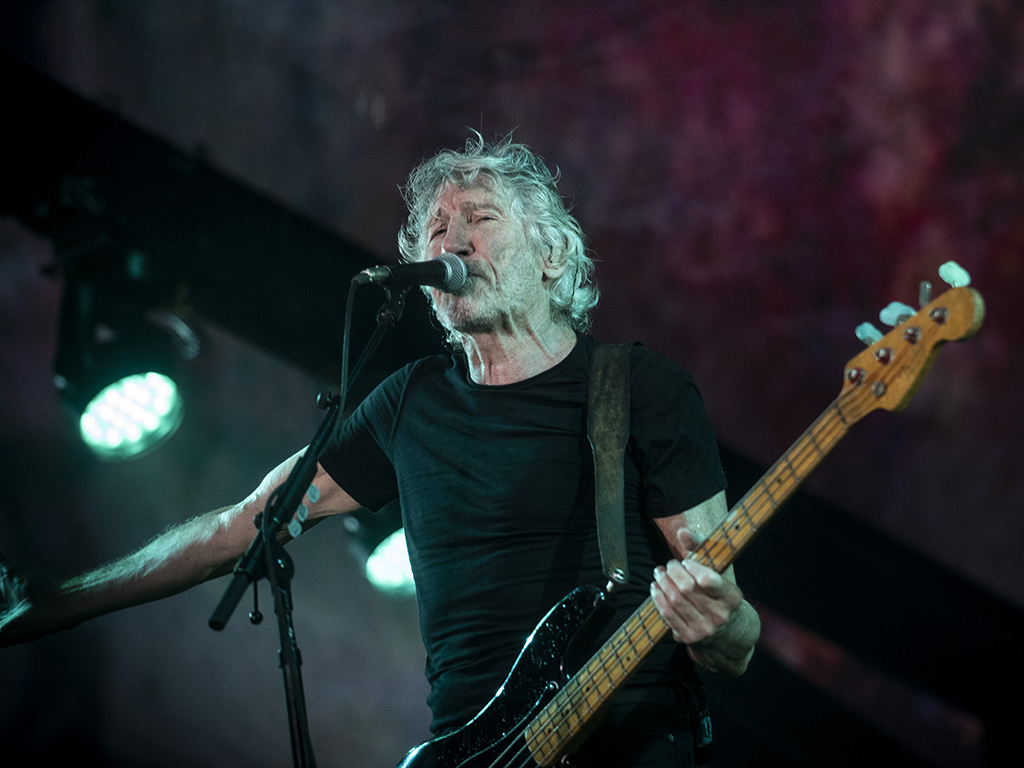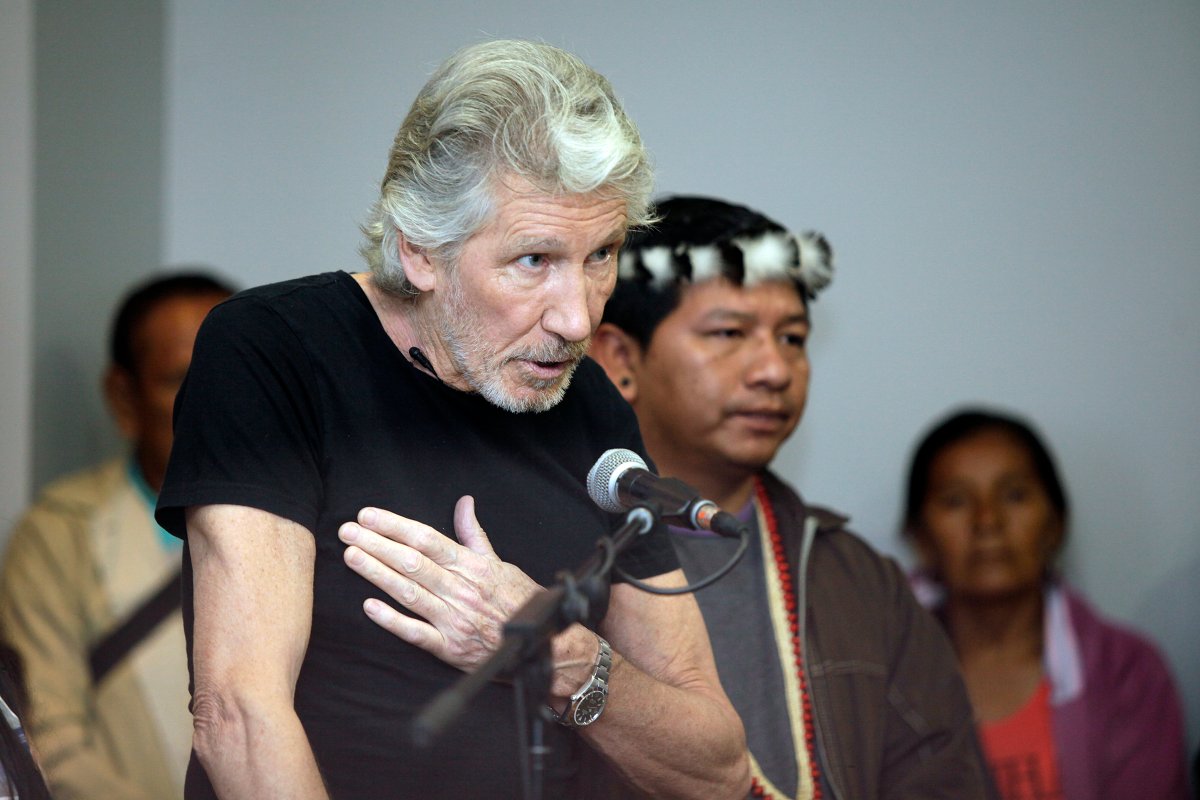Former Pink Floyd frontman Roger Waters played a major role in a recent rescue mission within the borders of Syria.

The 75-year-old helped reunite Felicia Perkins-Ferreira with her two children — Ayyub, 7, and Mahmud, 11, — after spending four years apart.
Waters offered to fly the mother over to the Iraq-Syria border in his private jet, where the children were eventually rescued.
The two boys were reportedly kidnapped from their home in Trinidad by their father in late 2014. He took them over to Syria, where he fought as an Islamic State fighter. The father is believed to have died while fighting in Raqqa sometime in 2017.
The boys were abandoned by their stepmother, left on a roadside and then picked up and taken to Camp Roj, a Syrian refugee camp.
READ MORE: Roger Waters draws ire in Brazil after ‘fascist’ comments during concert
Rogers was made aware of the situation by the man responsible for leading the rescue mission, Clive Stafford Smith. The Comfortably Numb singer claimed he was “deeply moved” by Perkins-Ferreira’s story and that he “wanted to help.”
Smith is a human rights lawyer and founder of Reprieve, an organization with the goal of fighting “extreme human rights abuses.”
In an interview with the U.K.’s Channel 4 News, Smith revealed: “They were told that only the white people could pass the Syrians so these little children got left on the side of the road, by the stepmother, who is a white Belgian.”
“Roger paid for a bunch of this stuff,” Smith added. “He didn’t just do that — he came with us, and I have to say I have great gratitude for Roger and a bunch of other people.”
“We made a good team,” he concluded. “Beating up on people who didn’t want to get it done.”
READ MORE: Gibson unveils signature Chris Cornell guitar
Waters didn’t disclose his reasons for not travelling to Syria as they were too “long-winded,” however he stayed in the private jet patiently awaiting the return of Smith and the rescued children.
“Clive and the others went across the Tigris and went to the camp and got the boys,” he said. “It took hours and hours and hours. But when I heard they were on the road, I was entirely overcome and treated myself to a glass of cheap white wine.”
“They got back around midnight,” he added, “and to see those beautiful children and Felicia. … It was deeply, deeply moving and satisfying.”
Perkins-Ferreira spoke to the Guardian about the experience and turmoil after safely arriving in London with her two boys.
“That was the first time I’ve slept properly in four years,” she said. “I often wouldn’t eat for days, thinking: ‘If they’re not eating, why should I?'”
READ MORE: Arcade Fire, other Canadian musicians sign letter supporting First Nations anti-pipeline movement
Waters used the rescue mission as an opportunity to plead for more action to be taken by the British government to help those displaced in Syrian camps.
“The predicament remains for many British nationals who are in Camp Roj,” he said. “There is a great reluctance from Her Majesty’s government to support moves to get them back.”
Waters further wrote to government officials of Trinidad and Tobago, from whom he received no reply.
He even wrote a piece for the Trinidad and Tobago Newsday, which he passed on to British authorities.







Comments